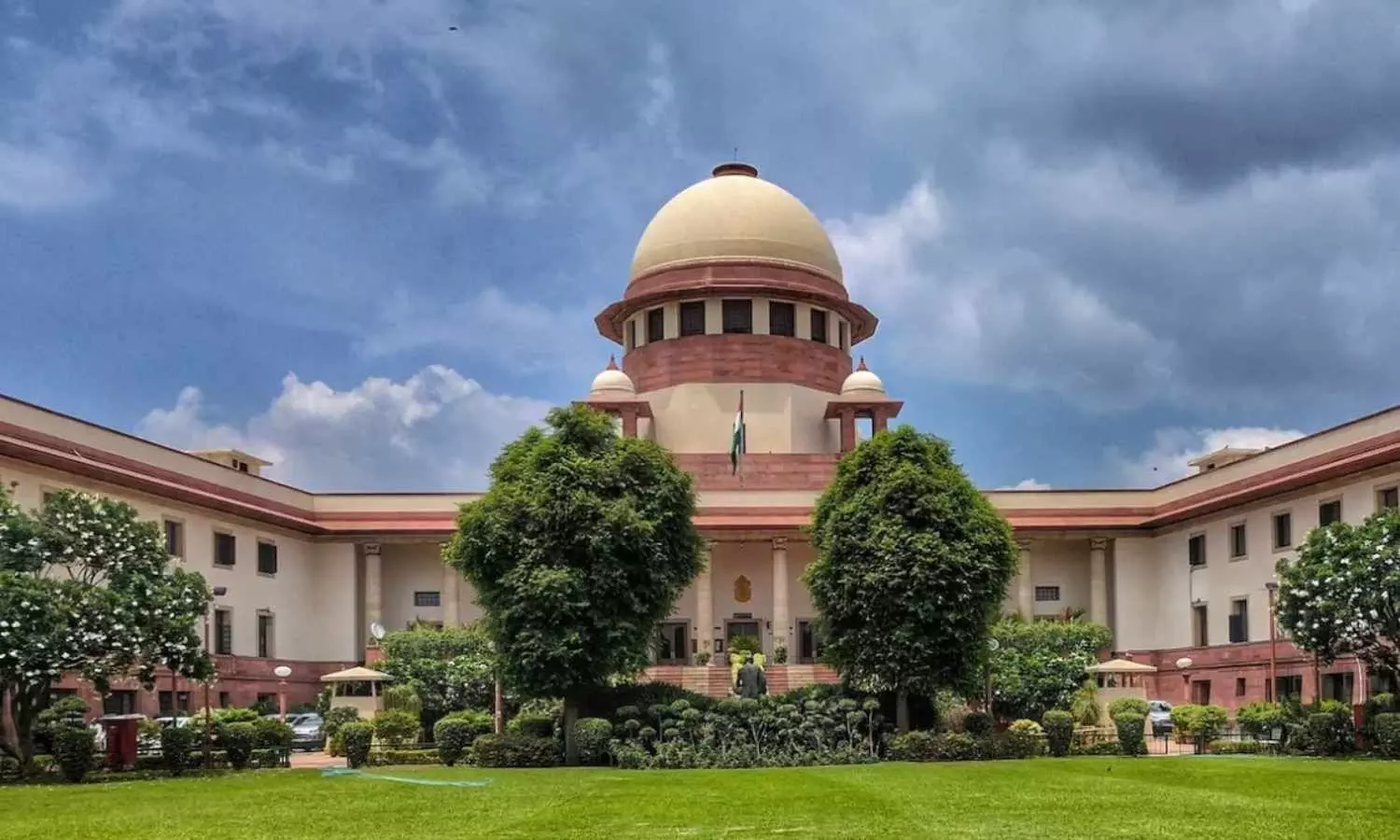Waqf Law Under Supreme Court Scrutiny on April 16
The Centre has submitted a caveat to the Supreme Court of India to ensure no decision is made without examining the case first. The case is scheduled before a bench headed by the Chief Justice India Sanjiv Khanna
Waqf Law Under Supreme Court Scrutiny on April 16

The Supreme Court is set to hear petitions challenging the Waqf (Amendment) Act 2025 on April 16, 2025.
The case is before an a bench headed by chief justice of India Sanjiv Khanna
A government announcement stated that this Waqf (Amendment) Act, 2025 was already in force earlier this week.
A number of desires have been filed before the SC to challenge the constitutionality of the Waqf Act and Waqf Act, among them AAP MLA Amanatullah Khan, RJD MP Manoj Jha, Samastha Kerala Jem- iyyathul Ulama as well as The Association for Protection of Civil Rights.
Further than 10 desires, including those from politicians and members of the All India Muslim Personal Law Board( AIMPLB) and Jamiat Ulama- i- Hind, were filed before the loftiest court to challenge the validity of the rearmost law.
'Arbitrary curbs'
The petitioners claim that the amendments of 2025 imposed "arbitrary restrictions on Waqf properties and their management, thereby undermining the religious autonomy of the Muslim community".
"The changes weaken property rights that are protected by Article 300A. Waqf law expands the control of the state of Waqf assets, while limiting the right of private individuals to devote properties to religious use and exposing Waqf properties to increased scrutiny The Act violates the Supreme Court's decision that transferring the control of properties belonging to religious institutions over to authorities of a secular nature constitutes an infringement of the rights to property and religion," they have contended.
The petitioners claim that the law's provisions were discriminatory against Muslims by imposing limitations that did not fall under the administration of other endowments for religious purposes.
The Act did not comply with Article 14 (right to equality) as a Basic Feature of the Constitution the petitioners have claimed.

